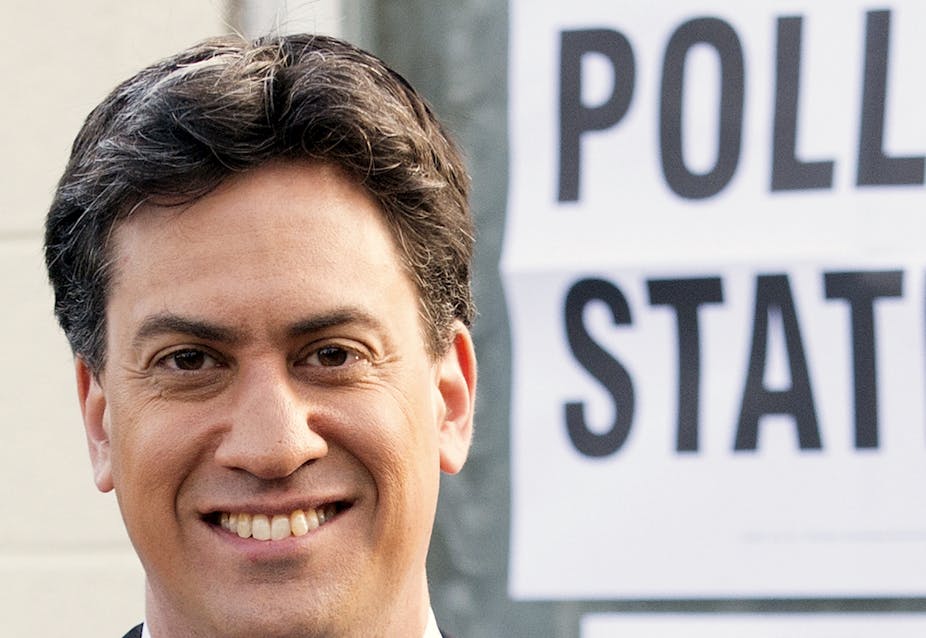In 2015, elections don’t just happen at polling stations around the United Kingdom, they happen on Twitter. With the hashtag #IVoted trending (alongside #dogsatpollingstations), Britons laid out their party colours along with their feelings towards their local candidates and national leaders.
We developed the VoteBEE app to map the mood of the nation using Twitter. It can analyse thousands of tweets a second to extract from each tweet a direct expression of one of eight basic emotions: anger, disgust, fear, happiness, sadness, surprise, shame and confusion. So on the emotional swing-o-meter what did the VoteBEE application uncover during the election day?
What is noticeable throughout May 7 is the volume of emotional tweets for the Tories, but then how all the emotions flatline towards the end of the day.
The shame factor (light green) decreased over the course of the day. The shame spike had started with singer Charlotte Church’s article backing Labour on the NHS which has been a big battle ground for the major parties. After that story broke, the Tories saw very little emotional activity.


Labour has had happiness, surprise and fear dominate the emotional spectrum during polling day. The happiness comes from a post Ed Miliband wrote on the campaign bus while travelling back to his Doncaster North constituency to cast his vote, outlining how proud he was to have worked with the Labour team.


Nick Clegg’s emotional spectrum showed signs of life with big spikes of emotion throughout, until the crucial final day. It is on the last day that the electorate have started to take stock of the situation and the biggest emotion expressed is sadness: not good for Nick.


When we tracked emotions about the Scottish independence referendum using the similar EMOTIVE system, we found that in the final few hours before the polls closed, there were big spikes of emotion for the Yes campaign. But we all know that despite the emotion involved, Scotland voted No by a significant margin, and stayed in the UK.
So what did the spikes mean? They were signs of uncertainty – the voters went for what they knew, which was to stick with the United Kingdom. So the large amounts of emotion expressed for the Labour Party on election day may be bad news for Ed Miliband, and the broadcasters’ exit poll certainly points to a strong showing from the Conservatives. It may seem counter-intuitive, but when there are signs of big swings in emotions towards the end of the campaign this is likely to show a decrease in support towards the party.
VoteBEE was developed by scientists at the Centre for Information Management (Professor Tom Jackson, Dr Martin Sykora, Dr Suzanne Elayan, Dr Ann O’Brien) at Loughborough University.
Stay tuned for more analysis throughout the night.

